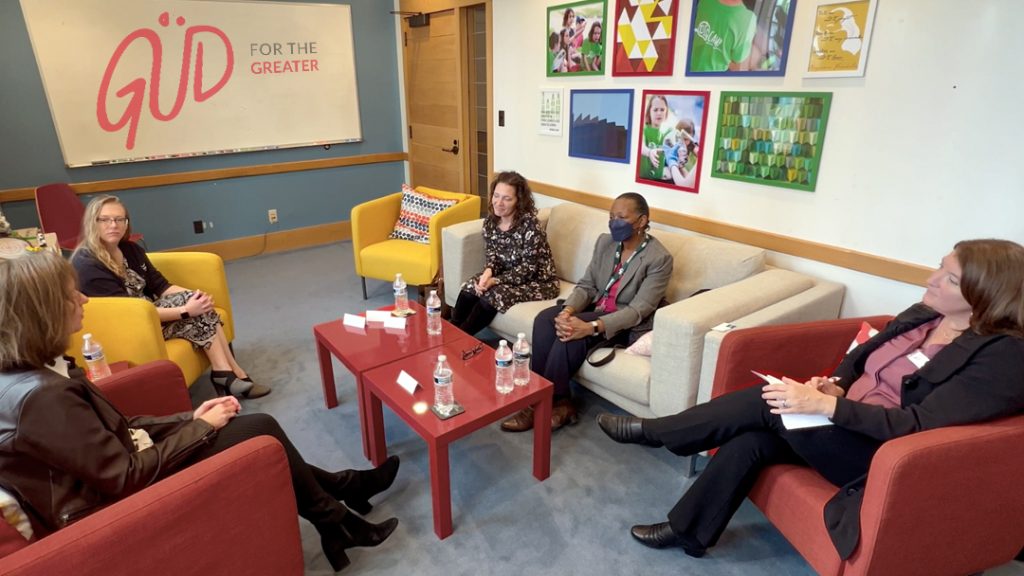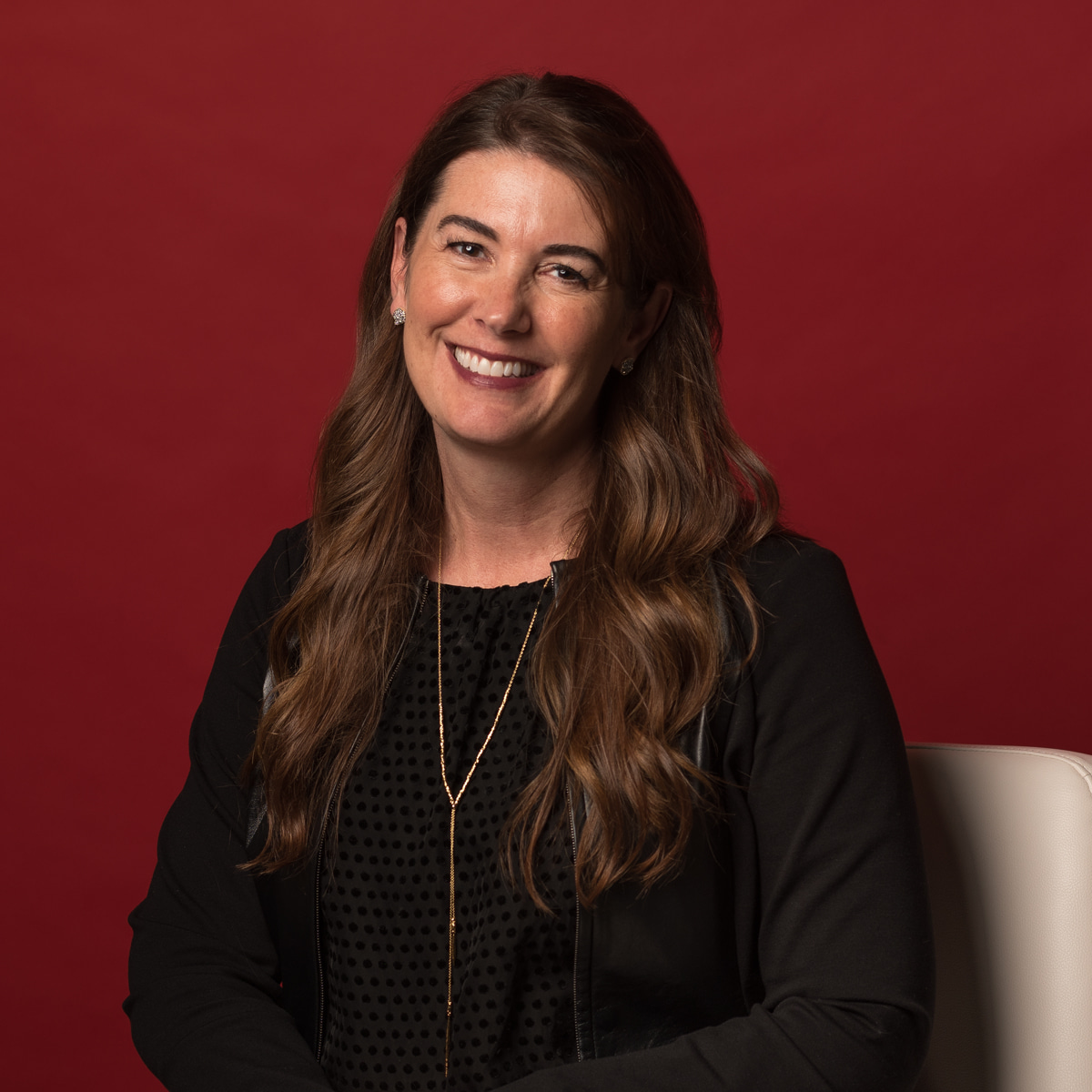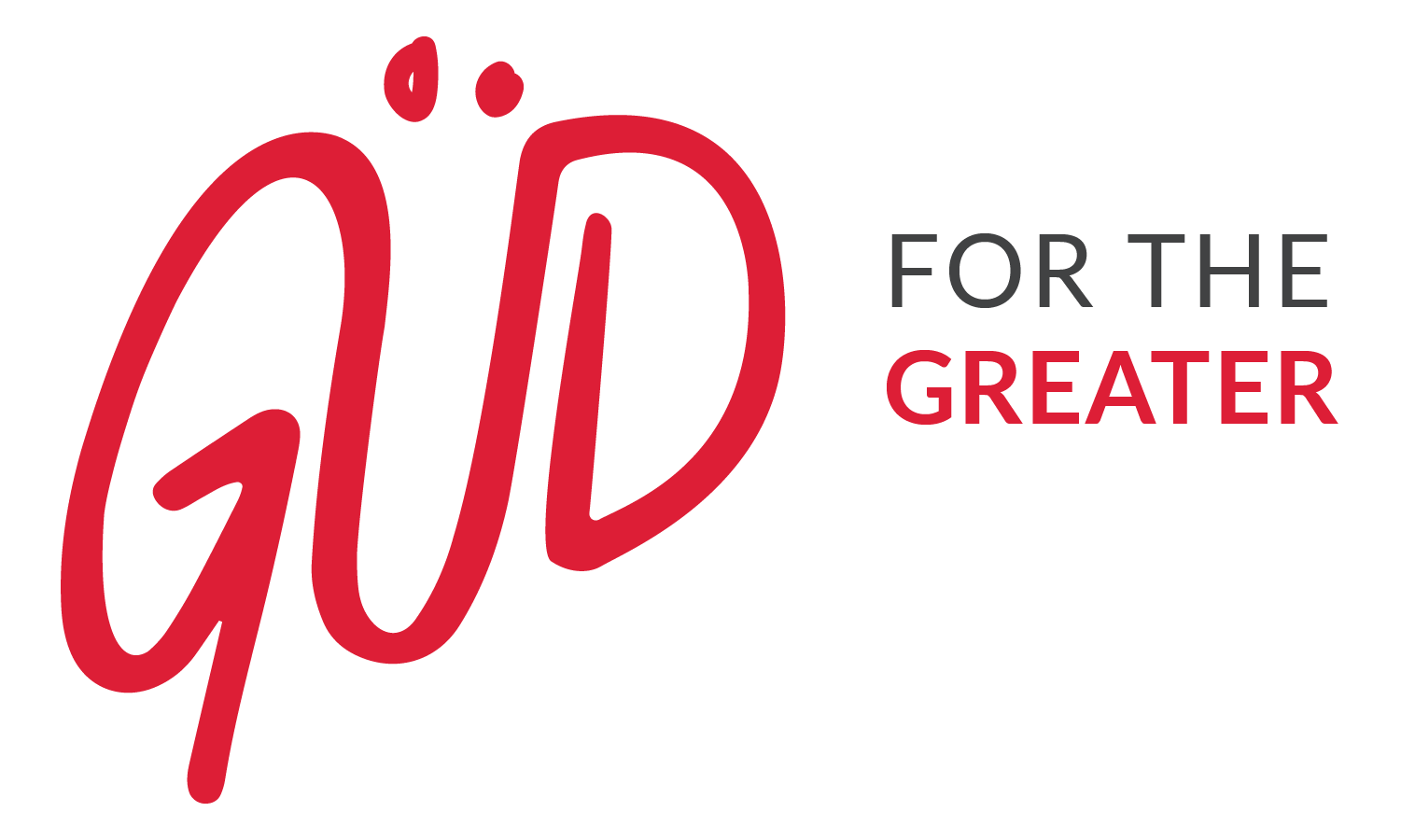Güd Talks: Education

- Christy Callahan, Director of Innovative Projects at Clinton County RESA, re: Build Up Michigan.
- Build Up educates parents on developmental milestones and connects children to support services to ensure that all children can thrive. Build Up is an outreach initiative of the Office of Innovative Projects at the Clinton County RESA.
- Jessica Rollins, owner and executive director of Sylvan Learning Centers across Mid-Michigan, including Sylvan Learning of Lansing/East Lansing.
- Sylvan Learning Centers offer supplemental education to children K-12, STEM learning, summer camps and college- and career-readiness tutoring. Jessica left public school teaching 20 years ago to work at Sylvan and has been owner for six years.
- Megan Schrauben, executive director at the State of Michigan’s MiSTEM Network.
- The MiSTEM Network is charged with advancing a statewide STEM strategy focused around four pillars: empower STEM educators, integrate business and education, ensure high-quality STEM experiences and create a culture of STEM across the state.
- Robin Lott, executive director of the Office of Postsecondary Financial Planning.
- Robin held the position of executive director of the Michigan Education Trust (MET) for 25 years. In her new position with the Michigan Department of Treasury, she remains focused on helping families save and plan for college.
Transforming Learning Environments
You can get involved in this work by referencing the Preschool Inclusion Collective Action Plan from the Michigan Department of Education, or learn more about a partnership between schools and parents through Parent Advisory Committee facts sheet, or information from the Michigan Alliance for Families.
An example of this approach can be found in the Upper Peninsula, where each year Washington Middle School students in Calumet partner with their community to manage a local forest. The students actively participate in a relevant, hands-on learning experience and the community is empowered to manage a real-world issue at the local level.
It is no simple task to advocate for a radically different way of learning science, technology, engineering and math. But when consensus occurs across a community and 3P learning is adopted, even for just one course, the results are remarkable.
You can get involved in your Regional MiSTEM Network to partner with educators, youth and businesses to transform STEM learning experiences.
Transforming Affordability for Postsecondary Education
A recent poll showed that Michiganders are skeptical about the value of higher education, despite data that shows that postsecondary skills training and/or college is necessary to succeed in high-demand, high-wage careers. Robin Lott has made her career helping families to save for college and she wants everyone to understand the impact of higher education and the difference that one generation of saving can make.
The state of Michigan has many programs designed to lower the cost of higher education and/or postsecondary skilled training credentials. Among them are MET, MESP, MI Future Educator Fellowship & Stipend, the new Michigan Achievement Scholarship for 2023 high school seniors, Michigan Reconnect and other programs designed to uplift quality of life for Michigan citizens by lowering the cost of higher education and the need to borrow.

